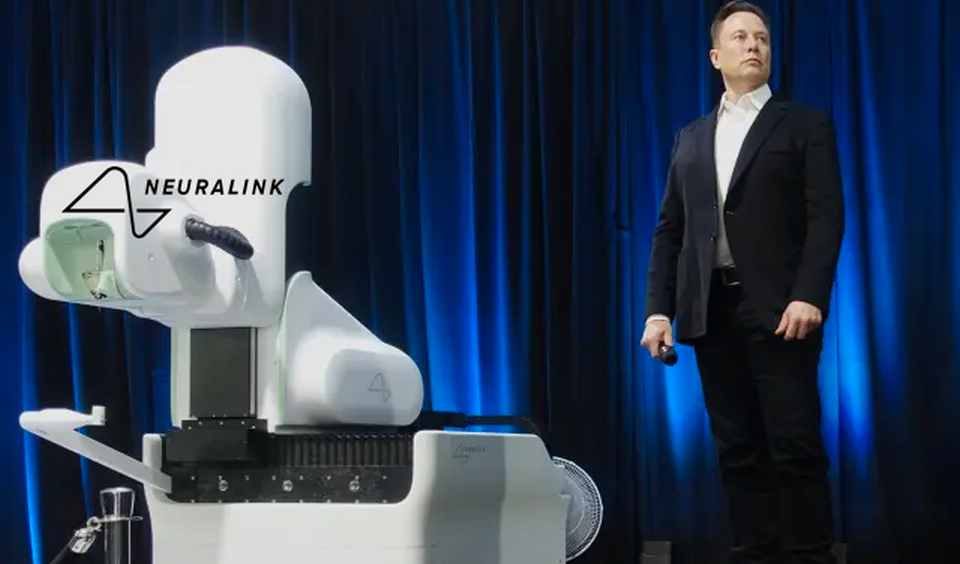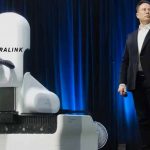FDA approves Neuralink’s first-in-human clinical trial of brain-implant

The US Food and Drug Administration (FDA) has given its approval to Elon Musk’s company Neuralink to start testing its brain implant on humans. In an announcement on Thursday, Neuralink said the FDA had given the green light to its first-in-human clinical trial.
Musk said the revolutionary implant will be able to cure a series of neurological disorders including memory loss, hearing loss, blindness paralysis, depression, insomnia, seizures, addiction, brain damage, and strokes, among others.
The news comes just two months after FDA rejected Neuralink’s application to test brain chips in humans, citing safety risks. In explaining the decision to Neuralink, the FDA “outlined dozens of issues the company must address before human testing, a critical milestone on the path to final product approval,” the staffers said.
Neuralink took to Twitter to share the news, expressing that the FDA approval “represents an important first step that will one day allow our technology to help many people.” While specific details about the study were not disclosed, Neuralink added that they are not currently seeking participants and promised to provide further information in the near future.
“We are excited to share that we have received the FDA’s approval to launch our first-in-human clinical study! This is the result of incredible work by the Neuralink team in close collaboration with the FDA and represents an important first step that will one day allow our technology to help many people. Recruitment is not yet open for our clinical trial. We’ll announce more information on this soon!”
We are excited to share that we have received the FDA’s approval to launch our first-in-human clinical study!
This is the result of incredible work by the Neuralink team in close collaboration with the FDA and represents an important first step that will one day allow our…
— Neuralink (@neuralink) May 25, 2023
Musk stated late last year that Neuralink’s brain chip would begin human trials in 6 months.
Based in the San Francisco Bay Area and Austin, Texas, Neuralink said its brain chip interfaces could one day help disabled patients to move and communicate again, with Musk adding yesterday that the interface will also target restoring vision.
During the event, Neuralink has in recent years been conducting tests on animals as it seeks approval from the U.S. Food and Drug Administration (FDA) to begin clinical trials in people. “We want to be extremely careful and certain that it will work well before putting a device into a human,” Musk said.
Musk spoke to a crowd of select invitees in a presentation at Neuralink headquarters in an event that lasted nearly three hours. Musk also emphasized the speed at which Neuralink is developing its device.
“The progress at first, particularly as it applies to humans, will seem perhaps agonizingly slow, but we are doing all of the things to bring it to scale in parallel,” he added. “So, in theory, progress should be exponential.”
Musk first demonstrated Neuralink’s AI-powered brain implant in live pigs in 2020 when he showed the uses and applications of Neuralink with three pigs implanted with Link V0.9 chips. Musk told the audience that the implementation would one day be able to cure affectations of the human body such as blindness, and brain damage, and cure addictions.




